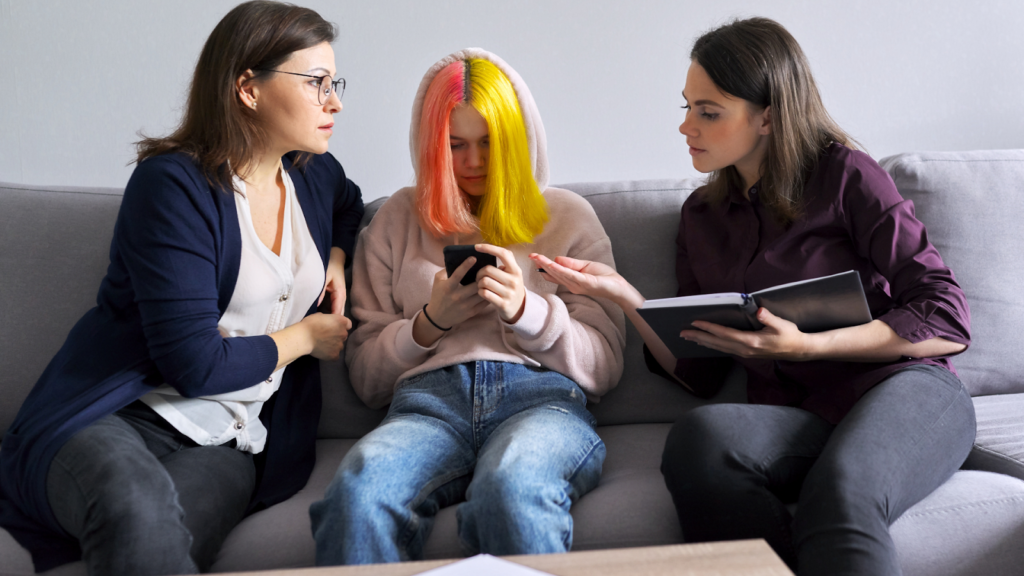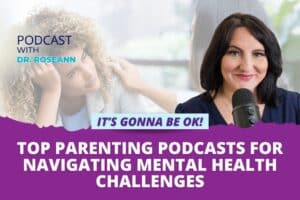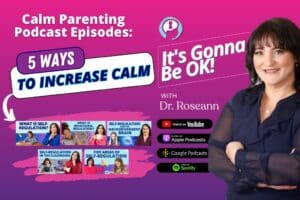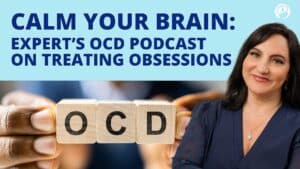No it isn't a learning disorder. However, ADHD, or Attention-Deficit/Hyperactivity Disorder, isn't merely limited to learning impairments, as it doesn't solely affect one's abilities in learning specific subjects such as reading and writing. It encompasses a broader range of challenges that can impact various aspects of daily life.
ADHD can sometimes make it tough for people to learn. This happens because ADHD has an impact on how they think, focus, and behave. It's not just about being hyper or distracted; ADHD has many sides to it.
By really understanding what ADHD is, we can find the best ways to support and help those who have it. With the right tools, guidance, and understanding, people with ADHD can succeed in school and other areas of their life.
Is ADHD a Neurological Disorder?
ADHD shows up in many different ways, like brain differences, feelings, and behaviors. No matter how we describe ADHD, it mostly comes from changes in the brain that make it hard for people to pay attention, learn, and control their actions.
ADHD is a condition that begins with ADHD symptoms in childhood. It can really affect how kids grow up, changing the way they think, how they feel, and how they act in different situations. Kids with ADHD might struggle in school, finding it hard to concentrate or finish tasks.
But it's not just in the classroom; they might also face challenges when trying to make friends or when playing with other kids. At home, ADHD can make things different too, maybe causing arguments or making it hard for them to fit in. This can sometimes make them feel down or not very confident about themselves.
Because ADHD touches so many parts of a kid's life, it's super important for us to really get how it works. When we understand ADHD better, we can find the best ways to help and support these kids. With the right tools and help, kids with ADHD can feel happier, do well in school, and get along great with their friends and family.
What Type of Disability is ADHD Considered?
ADHD is a developmental condition that affects individuals in various aspects of their lives, not just education. While it can present challenges in academic settings, it is important to recognize that accommodations can also be implemented in classroom or work environments to support individuals with ADHD in their overall development.
These accommodations can range from implementing personalized learning strategies tailored to individual needs such as extended time, to creating an environment that is specifically designed to promote focus and reduce distractions.
By doing so, these accommodations aim to foster the growth, development, and ultimate success of individuals with ADHD, ensuring that they have the support and tools they need to thrive in their educational journey.
Impact of Having ADHD and a Learning Disability
The disability often occurs at school due to difficulties in learning. Nevertheless, the effect extends beyond the school walls. They affect family relationships and adults at work especially with reduced executive functioning. The ability to learn negatively affects the child's self confidence too. It's generally assumed by some that smart people can succeed.
This doesn't always apply when adults or children with learning disabilities or ADHD experience the same thing. Learning disabilities are those that occur when pupils have difficulties in learning and in demonstrating their knowledge. A number have reported difficulties achieving a good grade and have also had difficulty meeting neurotypical standards of the class.
Having ADHD and a learning disability simultaneously can lead to several complexities and challenges for an individual or children. Here are some common issues associated with this dual diagnosis:
- Difficulty in maintaining focus: Children with ADHD often struggle to keep their attention on one task for prolonged periods. This can hinder their ability to learn and absorb new information effectively.
- Impulsivity: ADHD can lead to impulsive behavior, which may interfere with structured learning environments and cause social issues.
- Organizational challenges: Individuals with ADHD and a learning disability may struggle with keeping track of assignments, managing time effectively, or organizing their thoughts coherently.
- Emotional issues: The combined impact of ADHD and a learning disability may lead to feelings of frustration, low self-esteem, depression or anxiety.
Learning difficulties: Specific learning disabilities can affect skills such as reading, writing or arithmetic, making academic progress more challenging for these individuals.
How ADHD Affects Learning
Besides affecting learning, ADHD can have several different impacts. People with ADHD should be aware that it can impact many areas of their lives. This includes challenges in school, like having trouble with homework or tests, and in social situations, such as making friends or understanding social cues. Knowing this can help them find the right support and tools to succeed.
People with ADHD sometimes have a special kind of focus called “hyperfocus.” This means they can really dive deep into something they're interested in and concentrate on it for a long time.
This can be a good thing because they can become really good at what they're doing. But, it can also be a challenge. If they're so into one thing, they might find it hard to switch to something else or get distracted from other important tasks. So, hyperfocus can be both a superpower and a tricky thing to manage.
ADHD can affect learning in several different ways:
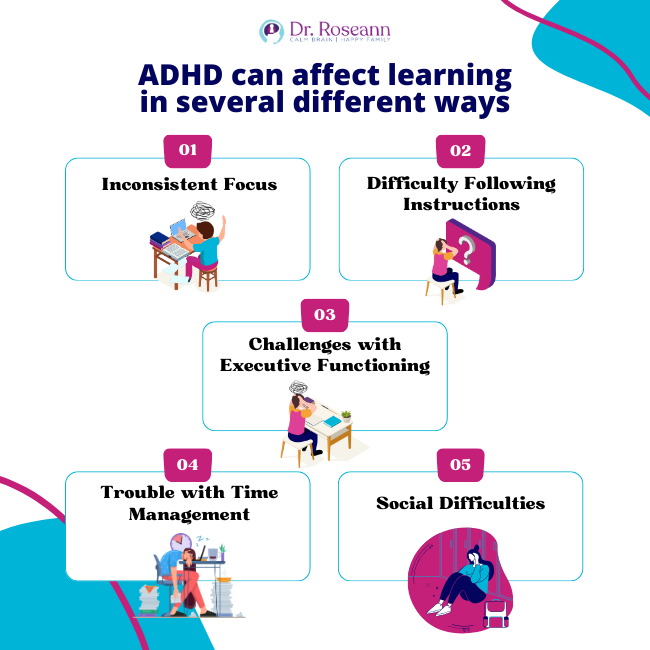
- Inconsistent Focus: People with ADHD often have periods of intense focus, known as hyperfocus, followed by periods where they can't focus at all. This inconsistency can make it hard for them to maintain steady progress in their studies.
- Difficulty Following Instructions: The impulsivity and distraction associated with ADHD can make it difficult for individuals to follow instructions, both in a classroom setting and while doing homework or assignments.
- Challenges with Executive Functioning: Executive functions are cognitive processes that help us plan, organize, and complete tasks. People with ADHD often struggle with these skills, which can lead to problems with completing assignments on time, having a sense of time, remembering important information, or keeping track of materials and tasks.
- Trouble with Time Management: People with ADHD often have a skewed sense of time, which can make it hard for them to manage their time effectively, plan in advance, or meet deadlines.
- Social Difficulties: The symptoms of ADHD can lead to difficulties in social situations, which can in turn affect a person's ability to work effectively in group settings or participate in class discussions.
For individuals with Attention Deficit Hyperactivity Disorder (ADHD), they need to find good ways to handle their symptoms so they can feel their best. This might mean setting up plans like making to-do lists or setting alarms. It could also mean taking ADHD supplements, getting a 504 plan, focusing on coping skills and other natural solutions.
By tackling their ADHD head-on and getting the help they need, they can make their days run smoother, pay better attention, and enjoy life more.
Differences Between ADHD and a Learning Disability
While both ADHD and Learning Disabilities (LDs) can impact learning, they are fundamentally distinct conditions. ADHD is primarily characterized by symptoms of inattention, impulsivity, and hyperactivity. It affects a person's ability to focus, plan, and execute tasks, which can manifest as challenges in academic settings, but it does not directly impact a person's ability to understand and use information.
On the other hand, Learning Disabilities are neurologically-based issues that affect specific cognitive processes related to learning. These include dyslexia (difficulties related to reading), dyscalculia (challenges with math concepts), and dysgraphia (problems with writing). Unlike ADHD, LDs do not affect an individual's attention span but instead interfere with their ability to process information.
It's essential to note that ADHD and a learning disorder can coexist. Some individuals may struggle both with maintaining focus and with specific learning processes. If so, it's crucial to identify and address both conditions to provide the most effective strategies and supports for learning success.
ADHD is different from a learning disability in the following ways:
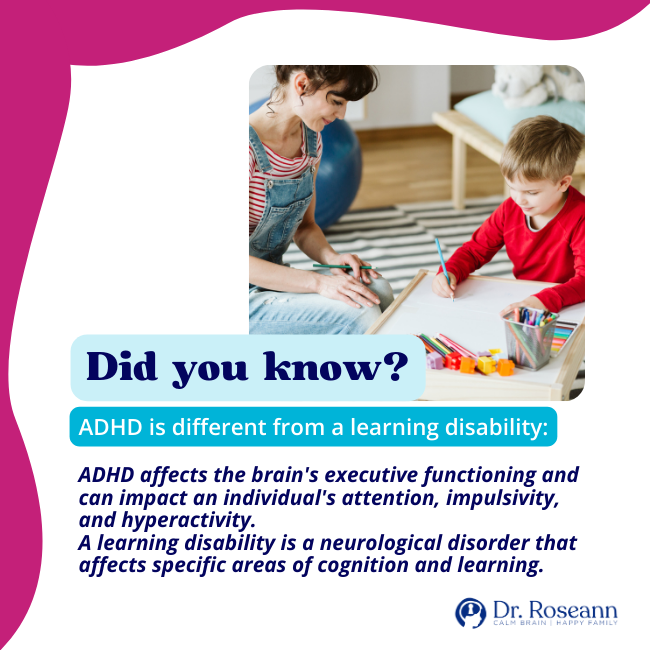
- ADHD is a neurodevelopmental disorder that affects the brain's executive functioning and can impact an individual's attention, impulsivity, and hyperactivity.
- A learning disability is a neurological disorder that affects specific areas of cognition, such as reading, writing, or math.
- While individuals with ADHD may struggle with aspects of learning due to their symptoms, it does not necessarily
Common Learning Disabilities
Learning disabilities are diverse and can vary greatly in severity. Here are some common types:
- Dyslexia: This is perhaps the most well-known learning disability. It primarily affects an individual's ability to read and write. People with dyslexia may struggle with phonological processing (the manipulation of sounds) and/or rapid visual-verbal responding.
- Dyscalculia: This learning disability involves difficulty understanding numbers and math concepts. Individuals with dyscalculia may struggle with counting, understanding number facts (such as the multiplication table), or performing mathematical calculations.
- Dysgraphia: This impacts a person's handwriting and fine motor skills. People with dysgraphia might find it hard to form letters or write within a defined space.
- Auditory Processing Disorder (APD): Also known as Central Auditory Processing Disorder, this affects the brain's ability to filter and understand sounds. Individuals with APD often struggle to distinguish between similar sounds, follow conversations or instructions, and may be easily distracted by background noises.
- Visual Processing Disorder: This is not about poor eyesight, but rather how the brain processes visual information. People with this disorder may have difficulty telling the difference between similar letters or shapes, struggle with reading, have poor spatial sense, or difficulty visualizing information.
Each of these learning disabilities presents its own unique challenges. However, with appropriate strategies, support, and accommodations, individuals with these conditions can achieve academic success and lead fulfilling lives.
It's essential to remember that a learning disability doesn't reflect an individual's intelligence—it merely affects the way they receive and process information.
Conditions That Can Occur Along With ADHD
People with ADHD and other similar conditions often get checked out in a similar way. Doctors don't just look for one thing; they also see if there are other issues going on and how these might affect the main problem. By doing a full check-up, they hope to find out the real reasons behind a person's challenges. This detailed check helps make sure that each person gets the exact help they need, since everyone is different.Among the most prevalent conditions affecting young individuals are Attention Deficit Hyperactivity Disorder (ADHD) and various other related disorders. These conditions can have a significant impact on the daily lives of those affected, often leading to difficulties in concentration, impulsivity, and hyperactivity.
- Learning Disabilities: Frequently co-occurring with ADHD, learning disabilities can affect the ability to read, write, or perform math. Examples include dyslexia, dysgraphia, and dyscalculia.
- Oppositional Defiant Disorder (ODD): This condition is characterized by a pattern of negative, hostile, and defiant behavior. Individuals with ODD may frequently argue with adults or refuse to comply with rules.
- Conduct Disorder: More severe than ODD, conduct disorder involves a pattern of violating the basic rights of others and societal norms. It may include aggression, destruction of property, deceitfulness, or theft.
- Anxiety Disorders: Individuals with ADHD may also struggle with anxiety disorders, such as generalized anxiety disorder, panic disorder, or phobias.
- Depression: Depression is a mood disorder that can co-occur with ADHD, causing persistent feelings of sadness, loss of interest in previously enjoyed activities, and a lack of motivation.
- Bipolar Disorder: Although less common, bipolar disorder can occur alongside ADHD. It involves periods of unusually intense emotion, changes in sleep patterns and activity levels, and manic episodes of high-energy states.
- Autism Spectrum Disorder (ASD): ADHD and ASD can co-occur. ASD is a developmental disorder that affects communication and behavior, and it includes what doctors used to call Asperger Syndrome and pervasive developmental disorders.
- Tourette Syndrome: This condition is characterized by multiple motor tics and at least one vocal tic. It is often diagnosed alongside ADHD.
If these conditions are found and dealt with early, doctors can set up plans that fit each person's needs. This could be a mix of talk therapy or behavioral support sessions, supplements such as magnesium and vitamin D, good nutrition and help from teachers or parents.
By using many different ways to help, kids can succeed in school without medication, make friends easier, and just feel better about themselves.
Citations
Chawla, G. K., Juyal, R., Shikha, D., Semwal, J., Tripathi, S., & Bhattacharya, S. (2022). Attention deficit hyperactivity disorder and associated learning difficulties among primary school children in district Dehradun, Uttarakhand, India. Journal of education and health promotion, 11, 98. https://doi.org/10.4103/jehp.jehp_922_21
Loe, I. M., & Feldman, H. M. (2007). Academic and educational outcomes of children with ADHD. Journal of pediatric psychology, 32(6), 643–654. https://doi.org/10.1093/jpepsy/jsl054
Tistarelli, N., Fagnani, C., Troianiello, M., Stazi, M. A., & Adriani, W. (2020). The nature and nurture of ADHD and its comorbidities: A narrative review on twin studies. Neuroscience and biobehavioral reviews, 109, 63–77. https://doi.org/10.1016/j.neubiorev.2019.12.017
Are you looking for SOLUTIONS for your struggling child or teen?
Dr. Roseann and her team are all about science-backed solutions, so you are in the right place!
Looking for more support for your child at school? Grab your complimentary copy of
The Ultimate Guide to School Accommodations
You can get her books for parents and professionals, including: It’s Gonna Be OK™: Proven Ways to Improve Your Child’s Mental Health, Teletherapy Toolkit™ and Brain Under Attack: A Resource For Parents and Caregivers of Children With PANS, PANDAS, and Autoimmune Encephalopathy.
If you are a business or organization that needs proactive guidance to support employee mental health or an organization looking for a brand representative, check out Dr. Roseann’s professional speaking page to see how we can work together.
Dr. Roseann is a Children’s Mental Health Expert and Licensed Therapist who has been featured in/on hundreds of media outlets including The Mel Robbins Show, CBS, NBC, PIX11 NYC, Today, FORBES, CNN, The New York Times, The Washington Post, Business Insider, Women’s Day, Healthline, CNET, Parade Magazine and PARENTS. FORBES called her, “A thought leader in children’s mental health.”

She coined the terms, “Re-entry panic syndrome” and “eco-anxiety” and is a frequent contributor to media on mental health.
Dr. Roseann Capanna-Hodge has three decades of experience in working with children, teens and their families with attention-deficit hyperactivity disorder (ADHD), autism, concussion, dyslexia and learning disability, anxiety, Obsessive Compulsive Disorder (OCD), depression and mood disorder, Lyme Disease, and PANS/PANDAS using science-backed natural mental health solutions such as supplements, magnesium, nutrition, QEEG Brain maps, neurofeedback, PEMF, psychotherapy and other non-medication approaches.
She is the author of three bestselling books, It’s Gonna Be OK!: Proven Ways to Improve Your Child's Mental Health, The Teletherapy Toolkit, and Brain Under Attack. Dr. Roseann is known for offering a message of hope through science-endorsed methods that promote a calm brain.
Her trademarked BrainBehaviorResetⓇ Program and It’s Gonna be OK!Ⓡ Podcast has been a cornerstone for thousands of parents facing mental health, behavioral or neurodevelopmental challenges.
She is the founder and director of The Global Institute of Children’s Mental Health, Neurotastic™Brain Formulas and Dr. Roseann Capanna-Hodge, LLC. Dr. Roseann is a Board Certified Neurofeedback (BCN) Practitioner, a Board Member of the Northeast Region Biofeedback Society (NRBS), Certified Integrative Mental Health Professional (CIMHP) and an Amen Clinic Certified Brain Health Coach. She is also a member of The International Lyme Disease and Associated Disease Society (ILADS), The American Psychological Association (APA), Anxiety and Depression Association of America (ADAA) National Association of School Psychologists (NASP), International OCD Foundation (IOCDF).
© Roseann-Capanna-Hodge, LLC 2023

